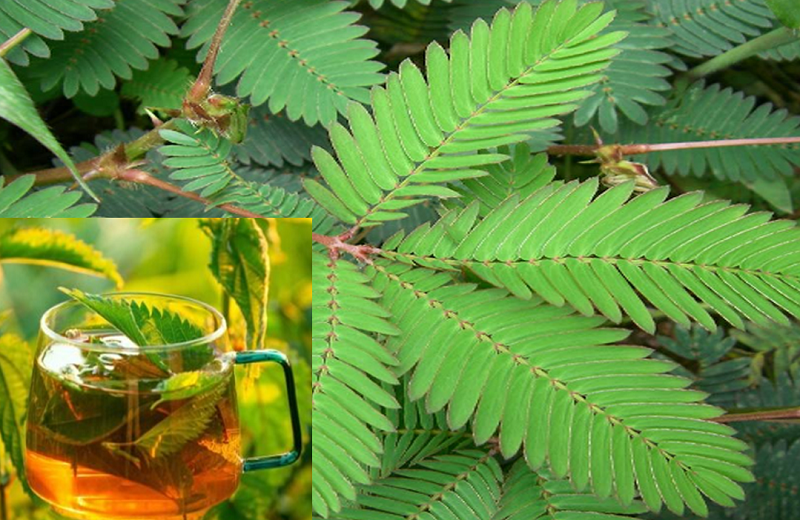Mimosa Pudica Tea: A Gentle Herbal Remedy with Fascinating Roots
Mimosa pudica—also known as the “sensitive plant” or “touch-me-not”—is famous for its leaves that fold when touched. But beyond this botanical curiosity, the plant has a rich history in traditional medicine. Today, Mimosa pudica tea is gaining popularity for its potential health benefits, especially in natural wellness circles.
Health Benefits of Mimosa Pudica Tea
1. Digestive Support
Traditionally used to ease digestive upset, Mimosa pudica may help soothe diarrhea and mild gastrointestinal irritation. Tannins and flavonoids in the leaves contribute to its natural astringent effect.
2. Antimicrobial & Antiparasitic Properties
Some studies suggest the plant may help combat certain bacteria and parasites. Though promising, more scientific research is needed to confirm these uses.
3. Anti-Inflammatory & Wound Healing
Folk medicine uses Mimosa pudica both internally and topically for inflammation and skin issues. Cooled tea can even be applied to rashes or cuts.
4. Relaxation & Calming Effects
Anecdotal reports say the tea has a mild sedative effect, helping promote relaxation and restful sleep. However, clinical evidence is limited.
How to Make Mimosa Pudica Tea
Ingredients:
- 1 tsp dried Mimosa pudica leaves
- 1 cup boiled filtered water
Instructions:
- Pour hot water over the dried leaves.
- Cover and steep for 5–10 minutes.
- Strain and serve. Add honey or lemon if desired.
Flavor Tip:
Expect a mild, earthy taste. Adjust leaf quantity or steeping time to suit your preference.
Safety and Precautions
- Limited Research: While traditionally used, clinical data is still emerging.
- Possible Side Effects: Rare but may include stomach upset or allergic reaction.
- Pregnancy/Breastfeeding: Avoid unless approved by a healthcare provider.
- Medication Interactions: Consult your doctor if you’re on prescription meds.
Other Uses of Mimosa Pudica
- Topical: Apply as a poultice for minor skin issues.
- Capsules: Available as supplements for digestive or gut support.
- Ornamental: Popular as a houseplant thanks to its reactive leaves.
Final Thoughts
Mimosa pudica tea blends ancient herbal wisdom with modern curiosity. While more research is needed, many enjoy it for its gentle digestive and calming effects. If you’re exploring herbal teas:
- Source high-quality, pesticide-free leaves
- Start with small doses to check for sensitivity
- Use it as part of a balanced, informed wellness routine
Always consult a professional for serious health concerns. Herbal remedies work best when used mindfully and in moderation.

